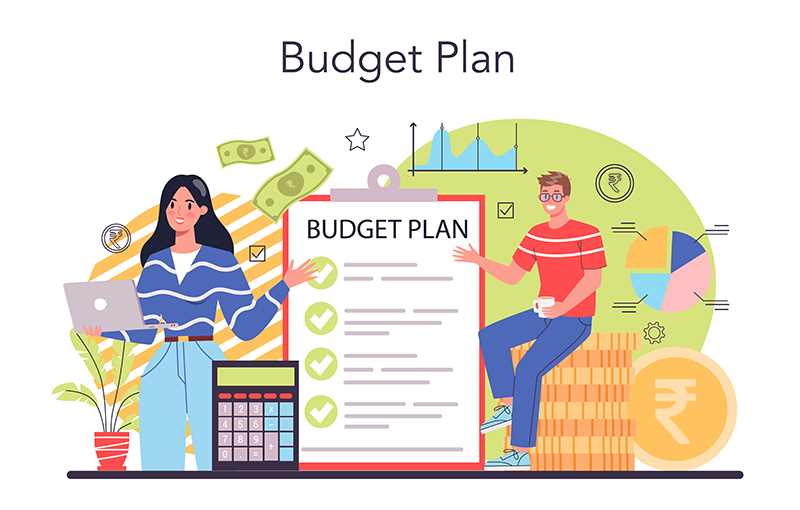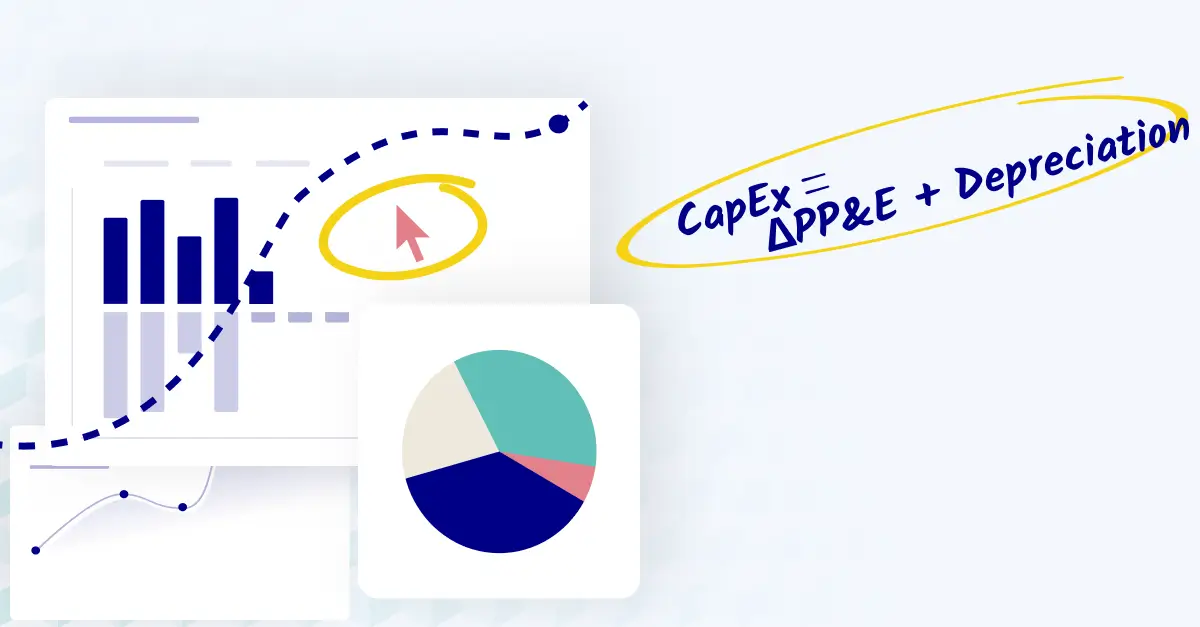Creating a personal budget is a crucial step toward achieving financial stability and reaching your financial goals. By effectively managing your income and expenses, you can gain control over your finances, reduce debt, and save for the future. Here’s a step-by-step guide on how to create a personal budget effectively.
1. Assess Your Financial Situation
Before you start budgeting, it’s essential to understand your current financial situation. Begin by calculating your total monthly income, including your salary, freelance work, investments, and any other sources of income. Next, list all your monthly expenses, categorizing them into fixed (rent, mortgage, utilities) and variable (groceries, entertainment, dining out) expenses.
2. Set Clear Financial Goals
Setting clear financial goals will give your budget a purpose and motivate you to stick to it. Your goals can be short-term (saving for a vacation), medium-term (buying a car), or long-term (retirement planning). Be specific about how much money you need to achieve each goal and set a timeline for reaching it.
3. Track Your Spending
To create an effective budget, it’s vital to track your spending over time. Use budgeting apps, spreadsheets, or even a simple notebook to record every expense. This will help you identify spending patterns and areas where you can cut back. Regularly reviewing your spending habits will ensure that your budget remains realistic and achievable.
4. Allocate Income to Expenses
Once you have a clear picture of your income, expenses, and financial goals, it’s time to allocate your income to cover your expenses. Prioritize essential expenses like housing, utilities, and groceries, then allocate funds toward your financial goals. Whatever remains can be used for discretionary spending, such as entertainment or dining out.
5. Adjust and Optimize Your Budget
Your budget should be flexible and adaptable to changing circumstances. If you find that you’re consistently overspending in certain categories, adjust your budget to reflect your actual spending habits. Look for opportunities to save money, such as reducing unnecessary expenses or finding more cost-effective alternatives. Regularly review your budget and make adjustments as needed to stay on track.
6. Build an Emergency Fund
An essential component of a successful budget is having an emergency fund. Set aside a portion of your income each month into a savings account specifically for unexpected expenses, such as medical bills or car repairs. Aim to save at least three to six months’ worth of living expenses to protect yourself from financial emergencies.
7. Stay Committed and Consistent
Creating a budget is just the first step; staying committed to it is what will lead to financial success. Regularly monitor your spending, stick to your budget, and resist the temptation to overspend. Over time, budgeting will become second nature, and you’ll see the positive impact on your financial health.
Conclusion
Creating a personal budget effectively is the foundation of sound financial management. By assessing your financial situation, setting clear goals, tracking your spending, and staying committed, you can take control of your finances and work towards a more secure financial future. Start budgeting today and take the first step toward achieving your financial goals.









